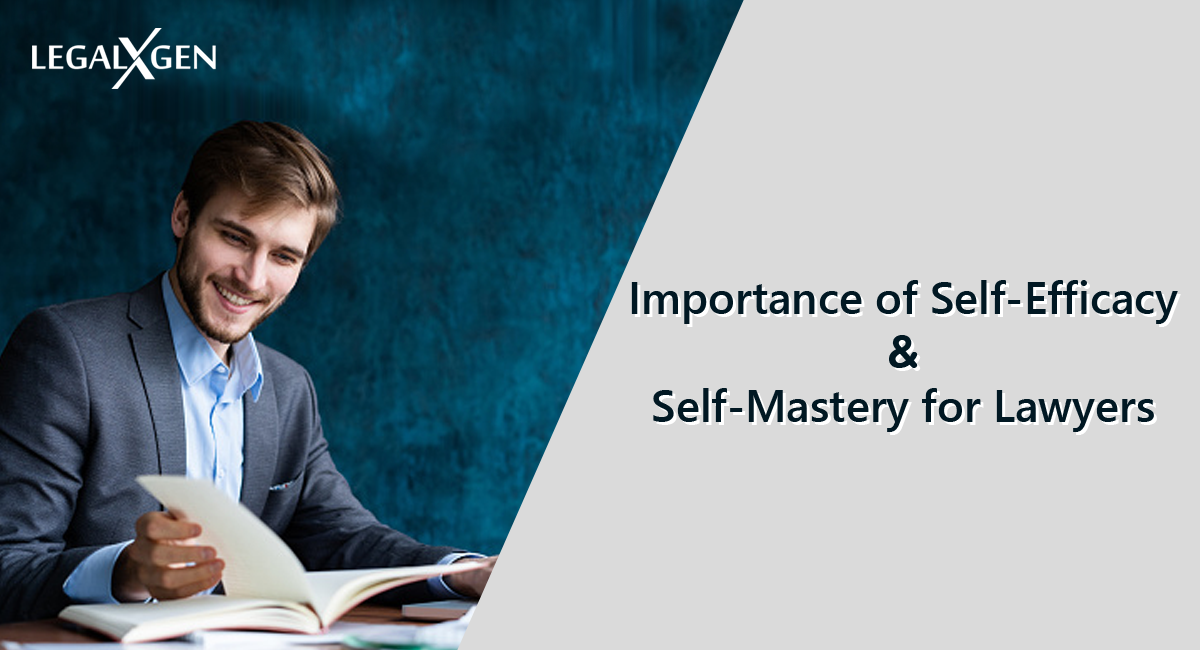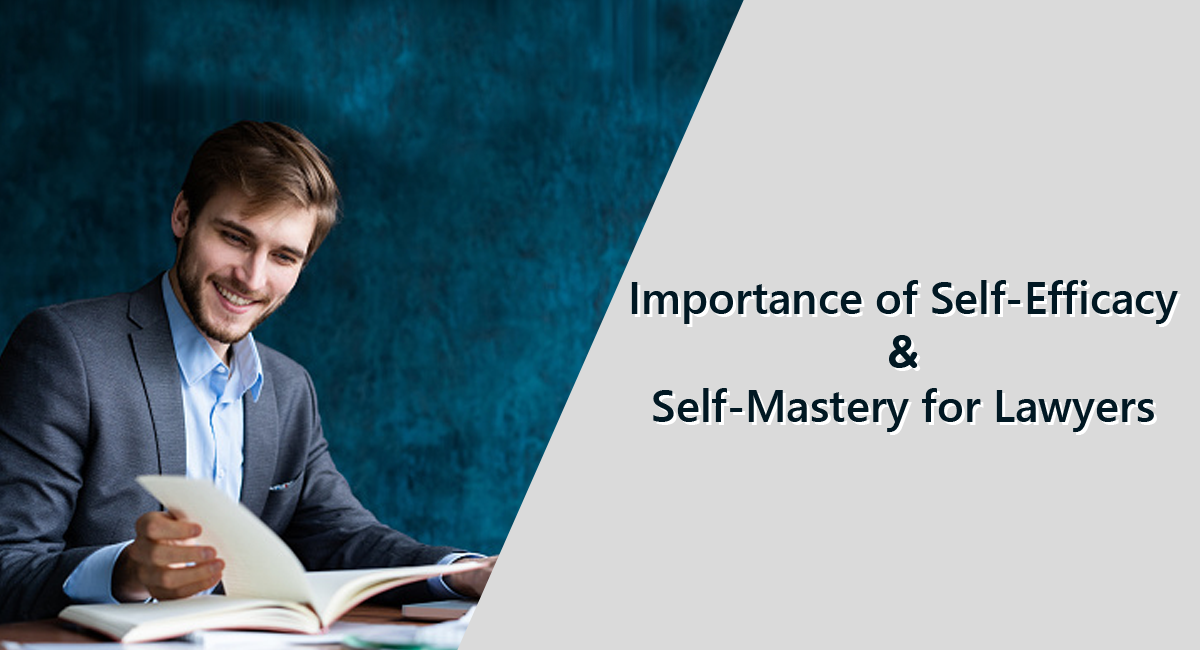

- Do you often doubt yourself on the personal as well as the professional front?
- Do you find that the work you’re doing tests your patience time and again, prompting you to seek out an alternative to assist you?
Yes? It’s time to bring some changes within yourself. That’s nothing but “Self-Effectiveness”.
“Self-belief Does Not Necessarily Ensure Success, But Self-Disbelief Assuredly Spawns Failure.”
Albert Bandura
It’s easy to implement the changes into materials around us to make it convenient for ourselves. But it becomes extremely challenging when the changes are needed within us.
Many people do think that the terms like Self-Efficacy and Self-Mastery are simply fancy jargon. And sounds good only in the leadership and motivational speeches but has nothing to do with regards to boosting individual capabilities. That’s the biggest misconception. In fact, its the key differentiator between the successful and failure.
What Is Self-Efficacy?
Self-efficacy is a person’s belief in their ability to succeed in a particular situation. Psychologist Albert Bandura described these beliefs as determinants of how people think, behave, and feel.
This affects how you feel about yourself and whether you achieve your life goals, highlighting the importance of observational learning, social experience, and reciprocal determinism in the development of a personality.
Also, it is a component of a person’s self-system, which includes their attitudes, abilities, and cognitive skills. This system has a big influence on how we view things and how we react in different situations.
Hence, SELF-EFFICACY is a huge factor in determining success and failure.
Some of the key differences between the people with a high level of self-efficacy and low self-efficacy
| Those who have a high level of self-efficacy | People with a low feeling of self-efficacy |
|
|
As a lawyer, you will face many hurdles, and maintaining your confidence will help you prevail.
So, what’s the connection between self-efficacy and self-mastery?
Self-mastery is defined as the ability to perceive, comprehend, control, and maximise one’s bodily, mental, emotional, and spiritual selves. It comes from being aware of, comprehending, and controlling your thoughts, emotions, and behaviours.
Self-control over your ideas, emotions, words, and actions has the power to change and transform your life and yourself. When negative thoughts arise, such as in the present pandemic, emotions might become unsettled, and the actions you take as a result can be destructive. It will also assist you in controlling your emotional impulses and allowing you to make judgments based on logic rather than heightened emotions.
The link between self-control, resilience, self-esteem, and self-efficacy is strong, implying that improving self-control, resilience, and self-esteem can improve self-efficacy.
Hence, it is critical to maintaining self-efficacy and self-mastery in a demanding job like law. These small changes could lead to great results.
Hope you find the article useful.

Market Research Analyst with a Master’s in Marketing and Analytical Experience.
 English
English French
French German
German